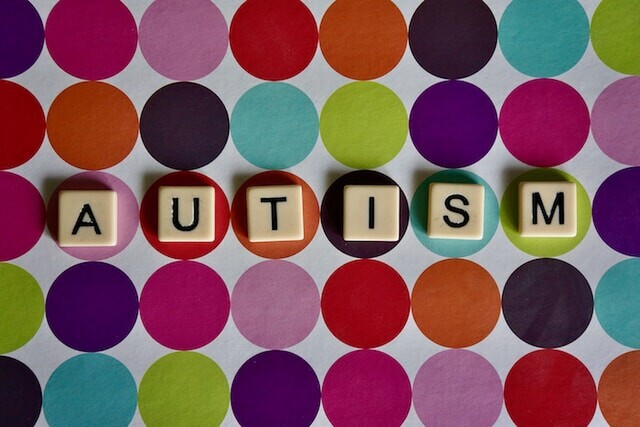Understanding Autism: Facts, Diagnosis, Treatment, and the Role of Exercise
Autism, or Autism Spectrum Disorder (ASD), is a complex neurodevelopmental disorder that affects an individual's social interaction, communication, behavior, and interests. With its vast spectrum, autism manifests in a variety of ways, differing from one person to another.
What is Autism?
At its core, autism is a lifelong developmental disability that impacts how individuals perceive the world and interact with others. Many people with autism have exceptional abilities in areas such as art, music, and academic pursuits. Some are able to live independently, but others may face additional challenges and require support throughout their lives. This is where our specialised exercise physiologists can help.
Statistics on Autism:
Autism is a global condition, with millions diagnosed worldwide. It is estimated that 1 in 100 people in Australia have Autism.
In 2018 there were 205,200 Australians with Autism, a 25.1% increase from the 164,000 in 2015 (Source: ABS SDAC 2018– Autism in Australia).
This means that if you have Autism you are not alone. And, if you do not have Autism yourself it is likely that you will meet or have already met someone who does.
Currently, males are 3.5 times more likely to have Autism than females (Source: ABS SDAC 2018 – Autism in Australia).
So with Perth’s current population as at 2023 estimated at 2.118 million people, roughly 22,000 people have autism in Perth.
Diagnosing Autism:
Autism diagnosis often relies on observing behavior and developmental history. Professionals typically look at:
Social Challenges: Difficulties in understanding and interpreting other people's emotions and feelings. This might lead to challenges in forming friendships and relating to peers. Communication Difficulties: This can include delayed speech development or not speaking at all. Individuals might also speak in an atypical tone, rhythm, or pitch.
Repetitive Behaviour: This can encompass a wide range of activities such as flapping hands, rocking back and forth, or being very interested in lights or moving objects. It's crucial to note that no two individuals with autism are the same. Some might show all of the above signs, while others may only show some.
Behavioral Traits in Someone with Autism:
While every individual is unique, some common behaviors include:
● Difficulty in understanding other people's emotions and expressions.
● Taking things literally, which might lead to confusion during conversations.
● Intense focus on certain interests.
● Sensory sensitivities, such as finding noises that are normal to others painfully loud.
● Seeking routine and struggling with change.
Available Treatment for Autism:
There's no "cure" for autism, but various interventions can support individuals with autism and improve their quality of life. Some common treatments include:
● Behavioral Therapy: Techniques to reinforce desired behaviors.
● Speech Therapy: To improve communication skills.
● Occupational Therapy: Helps improve daily living skills.
● Physical Therapy: For improving movement skills.
● Medication: Some medications can manage symptoms like aggression, anxiety, depression, or hyperactivity.
Benefits of Exercise for Individuals with Autism:
Exercise plays an essential role in improving both the physical and mental well-being of individuals with autism. Here are some of the benefits:
Improvement in Motor Skills: Activities like swimming or playing catch can help enhance coordination.
Behavioural Benefits: Regular physical activity has been linked to reductions in negative behaviors and an increase in positive behaviors.
Social Interaction: Team sports or group exercises offer opportunities to learn teamwork and understand social cues.
Sensory Processing: Activities can help children with autism process sensory information more effectively.
Enhanced Communication Skills: Physical activity that requires following instructions can aid in improving listening skills and comprehension.
Reduction in Anxiety and Stress: Physical activity can be a natural stress-reliever, decreasing anxiety and boosting mood.
Autism is a multifaceted condition that affects every individual differently. With the right support, including therapeutic interventions and exercise physiology, individuals with autism can lead fulfilling lives. If you or someone you know is navigating life with autism, it's crucial to remember that every journey is unique and valuable. Connecting with exercise physiologist professionals and community resources can offer invaluable support and guidance.
